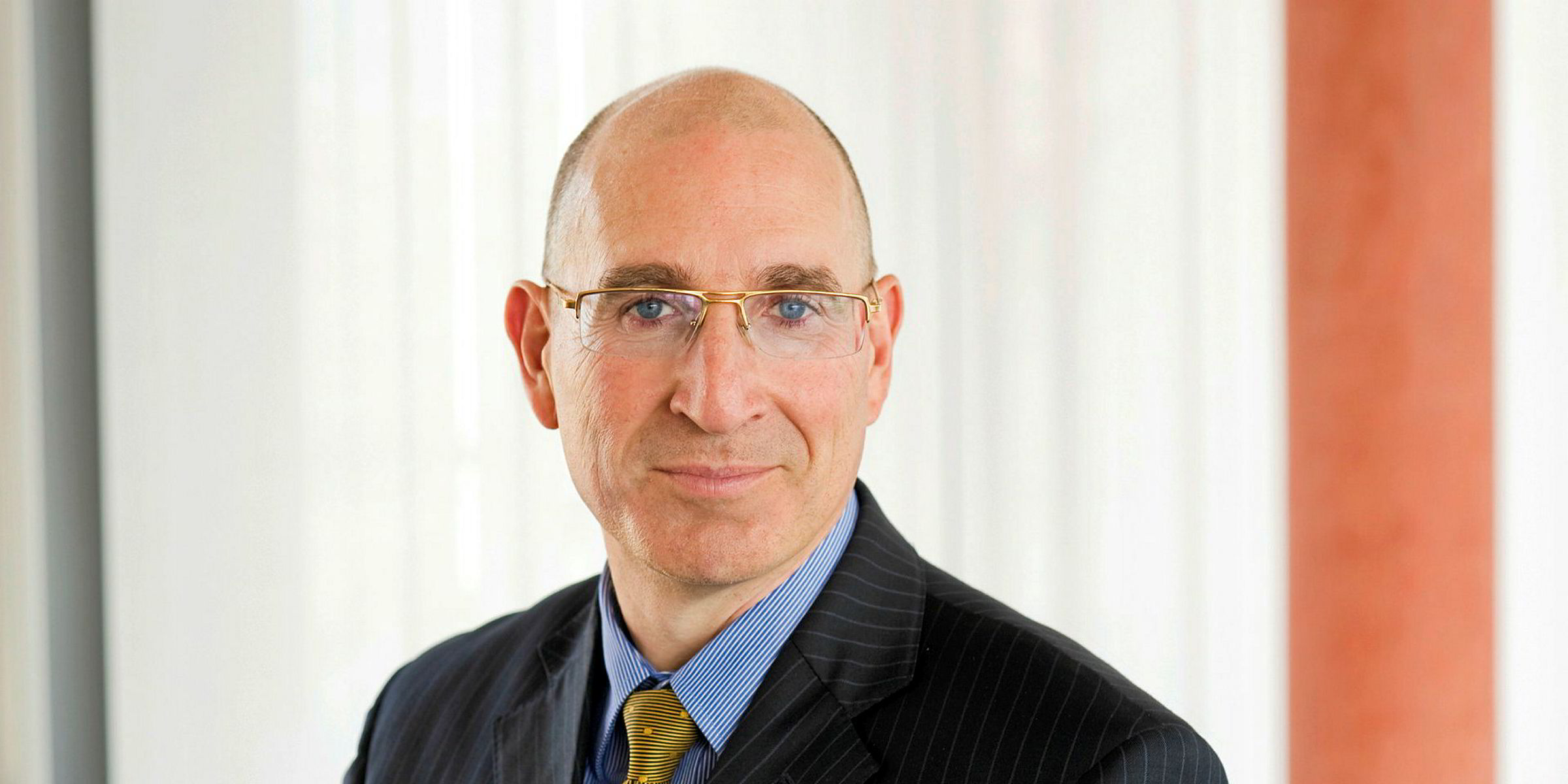East German developer UKA Umweltgerechte Kraftanlagen won 30MW in self-owned projects in Germany’s 1GW second onshore wind auction in August, and another 660MW as service provider for wind projects won by so-called citizens' energy groups. The latter are exempt from providing a noise-emissions permit before bidding and have additional time to build their projects.
UKA managing director Gernot Gauglitz tells Bernd Radowitz why the company has changed its business model to include developing projects by grass-roots groups, easing industry fears that many of the community wind farms may never get a permit or not be built.

